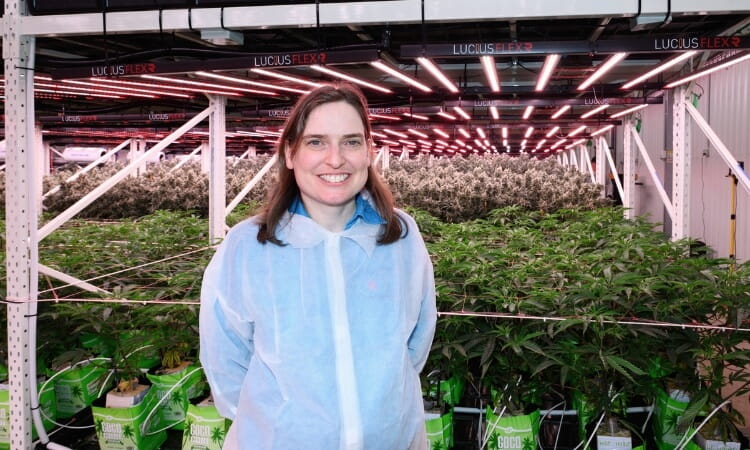A global research study led by the Centre for Applied Climate Sciences at the University of Southern Queensland has discovered a climatic variable that could be the main driver of declining Arabica coffee production.
Produced in more than 70 countries, coffee supports the livelihoods of millions of farmers worldwide and supplies a multi-billion-dollar industry that supplies millions more consumers every day.
Dr Jarrod Kath from the Climate Centre at UniSQ led the investigation and said while the impact of temperature and rainfall had been extensively investigated in relation to coffee production, this project focused on the effect of vapour pressure deficit, or VPD.
“VPD is basically a combined measure of how dry and hot the air is; the higher the deficit, the more moisture the air sucks out of a plant,” Dr Kath said.
“We uncovered the existence of a VPD threshold, that once exceeded, results in Arabica yields declining markedly.
“Our study suggests that several countries, including Kenya, Mexico and Tanzania have already passed the VPD threshold from the warming we have had to date. Further global warming could push more coffee producing countries over the VPD threshold”.
“Our modelling indicates that if global warming is 2 Celsius or more, many important coffee producing countries will pass the VPD threshold and Arabica production will take a hit.
“In agricultural systems, rising VPD may not necessarily cause total destruction to Arabica coffee crops, but it could still lead to major declines that make production economically unviable.
Director of the University of Southern Queensland’s Centre for Applied Climate Sciences Professor Scott Power was also a member of the research team.
“This study provides yet another reason why the Paris Agreement to restrict global warming is so important,” Professor Power said.
“If the Agreement is successfully implemented it will help ensure the livelihoods of millions of coffee farmers around the world.
“The study also highlights the need to improve adaptation strategies, like using shade trees that can lower VPD levels, developing drought-resistant coffee varieties, and improving water conservation and irrigation practices.”
The full research paper ‘Vapour pressure deficit determines critical thresholds for global coffee production under climate change', has been published in Nature Food.
This study was supported by the Federal Ministry for the Environment, Nature Conservation and Nuclear Safety—International Climate Initiative (IKI). It was also implemented as part of the CGIAR Research Program on Climate Change, Agriculture and Food Security (CCAFS), which is carried out with support from CGIAR Fund Donors and through bilateral funding agreements.



